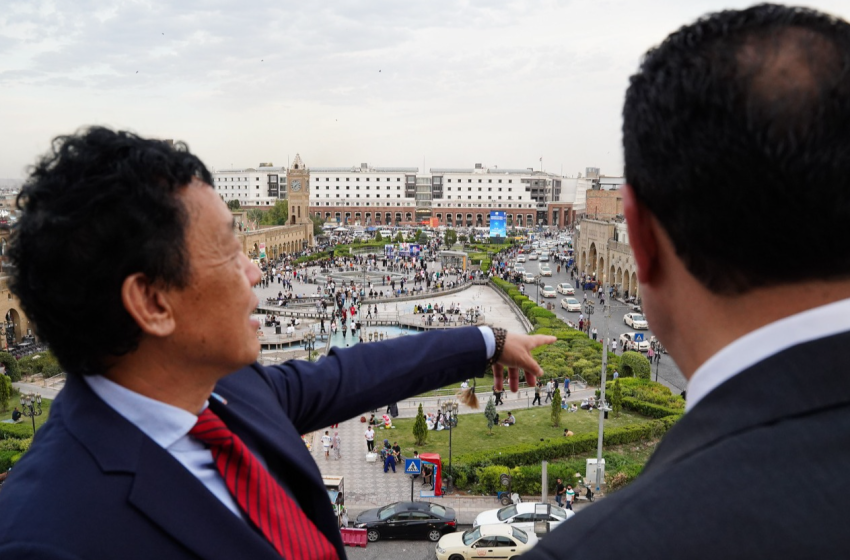Iraq’s Green Climate Project expands with the launch of a $39 million initiative to fight climate change in the south. The Food and Agriculture Organization (FAO) Director-General Qu Dongyu attended the launch event in Baghdad. His three-day visit also included meetings and site visits in the Kurdistan Region.
To begin with, the new project is titled “Enhancing Resilience of Vulnerable Agrarian Livelihoods.” It aims to support rural families in Karbala, Najaf, and Muthanna. These areas face harsh drought conditions and serious land degradation. The project is co-financed by Canada and Sweden’s Sida and receives support from the Green Climate Fund.
Moreover, this initiative highlights Iraq’s serious approach to climate adaptation. FAO’s Director-General praised Iraq’s efforts, saying the country is clearly working on sustainable solutions for agriculture. According to him, this project proves Iraq’s determination to help its people deal with environmental stress.
In addition, the project will provide tools, resources, and training to farmers. These measures will help rural families survive and succeed despite climate challenges. They will also reduce risks tied to extreme weather and limited water supply.
During his visit, Qu Dongyu also met women farmers in Karbala. He opened a new dairy center designed for women’s farming groups. He explained that this center will support local food production and give women more economic opportunities. As a result, it strengthens value chains and women’s roles in agriculture.
Furthermore, in the Kurdistan Region, Qu met with President Nechirvan Barzani and other high officials. Their talks focused on climate-resilient agriculture and how to manage water resources better. The FAO team also toured farms in the Erbil basin to understand local farming needs.
Later, Qu visited a site showing off the WaPOR program, which uses satellite data to improve land and water productivity. This program supports smarter farming choices and helps improve land use in dry regions. It is another example of how Iraq’s Green Climate Project expands its reach and impact.
Notably, Iraq’s Green Climate Project expands access to modern farming tools and technology. It prepares communities for the future while protecting natural resources. International partners are also working closely with Iraqi teams to ensure long-term success.
In conclusion, Iraq’s Green Climate Project expands support for vulnerable farming communities. Through global partnerships, local training, and new programs, Iraq is building a stronger, more climate-resilient future.


